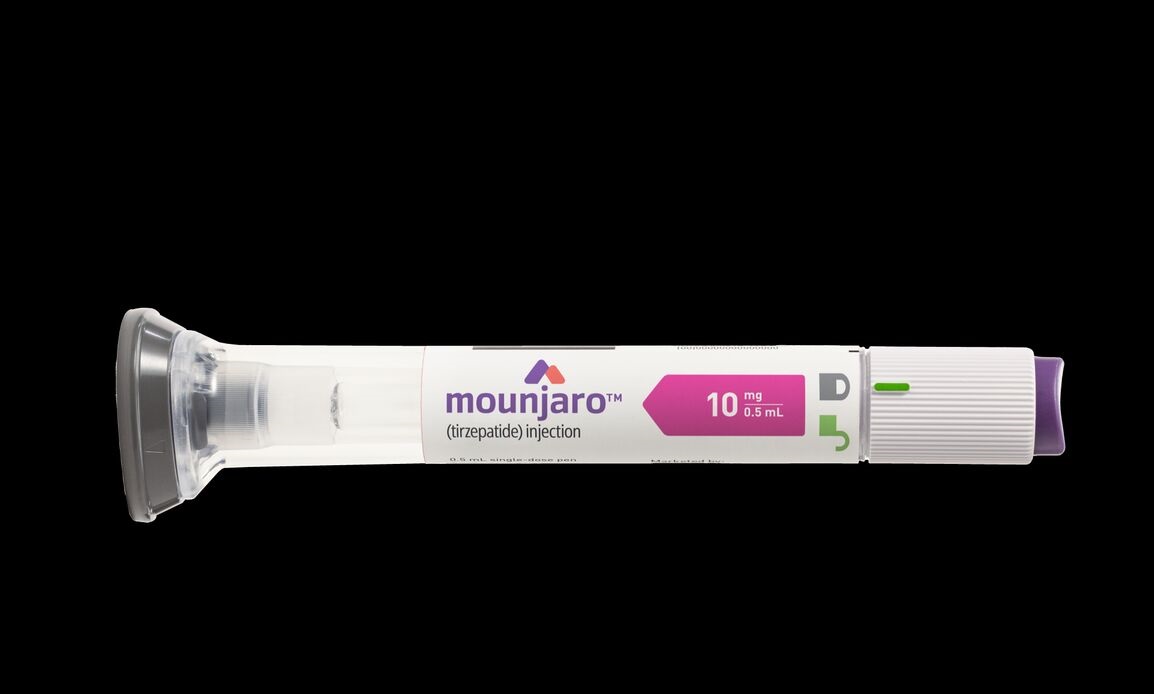
Risks of Bariatric Surgery
Bariatric surgery can transform your life.
But like any major surgery, it carries risks.
Knowing these risks can help you make an informed decision — and protect your health.
Here’s a simple, clear look at the top 10 risks of bariatric surgery and smart ways to minimize them.
1. Infection Major Risks of Bariatric Surgery
Risk:
Infections can happen after any surgery, including bariatric procedures.
How to minimize:
Follow all aftercare instructions.
Keep your incisions clean.
Take prescribed antibiotics if needed.
2. Blood Clots
Risk:
Blood clots, especially in the legs (deep vein thrombosis), are a serious concern.
How to minimize:
Walk around as soon as your doctor allows.
Wear compression stockings.
Stay active during recovery.
3. Nutritional Deficiencies
Risk:
Some surgeries, like gastric bypass, change how your body absorbs nutrients.
This can lead to vitamin and mineral deficiencies.
How to minimize:
Take daily supplements.
Attend regular follow-up appointments.
Eat a balanced diet recommended by your dietitian.
4. Dumping Syndrome
Risk:
Eating sugar-heavy foods too quickly after surgery can cause nausea, vomiting, or diarrhea.
How to minimize:
Eat small, slow meals.
Avoid sugary foods and drinks.
Follow your bariatric meal plan closely.
5. Gallstones
Risk:
Rapid weight loss after surgery can trigger the formation of gallstones.
How to minimize:
Some patients are prescribed medication to prevent gallstones.
Gradual weight loss also helps.
Stay hydrated and follow your nutritionist’s advice.
6. Bowel Obstruction
Risk:
Scar tissue or hernias can cause blockages in the intestines after surgery.
How to minimize:
Report any unusual pain, bloating, or vomiting immediately to your doctor.
Early intervention can prevent bigger problems.
7. Leakage from Staple Lines
Risk:
If the staples or sutures in your stomach don’t heal properly, leaks can happen.
How to minimize:
Choose an experienced, board-certified surgeon.
Follow strict post-op guidelines on eating and activity.
Don’t rush your recovery.
8. Acid Reflux
Risk:
After a sleeve gastrectomy, some patients develop or worsen acid reflux.
How to minimize:
Eat smaller meals.
Avoid lying down right after eating.
Your surgeon might suggest medication or further evaluation if needed.
9. Psychological Challenges
Risk:
Rapid physical changes can bring emotional challenges like depression or anxiety.
How to minimize:
Get mental health support before and after surgery.
Join a support group.
Talk openly with your care team about how you’re feeling.
10. Weight Regain
Risk:
Some patients regain weight years after surgery if they return to old habits.
How to minimize:
Commit to long-term lifestyle changes.
Stick to healthy eating and regular exercise.
Attend follow-up visits to stay on track.
Final Thoughts
The risk of bariatric surgery is real — but it’s manageable.
Choosing the right surgeon, following medical advice, and making lasting lifestyle changes can dramatically lower your risks.
Remember:
Bariatric surgery is a tool, not a magic solution.
How you use it shapes your success.
If you’re considering bariatric surgery, talk openly with your surgeon about your concerns.
The better informed you are, the better your journey will be.





